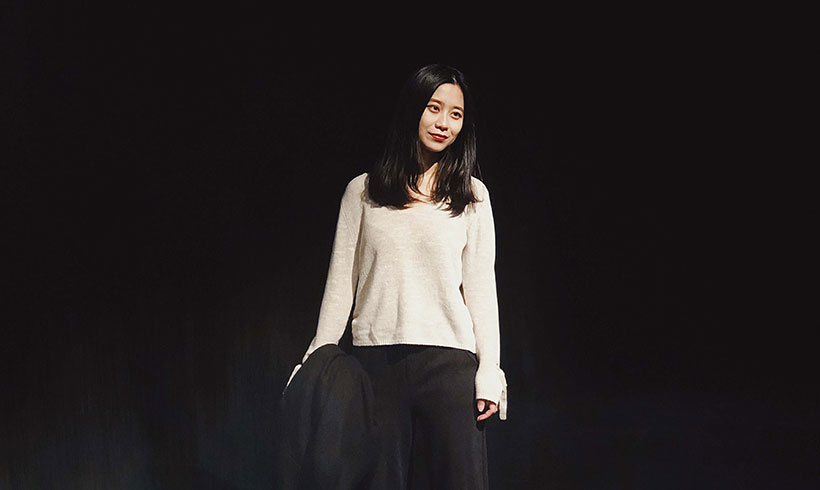One of the biggest challenges that Chinse learners are faced with is the use of synonyms in different contexts. Just like in other languages, misusing two words that share the same or a very similar meaning could sometimes make you deviate from what you really want to say. Therefore, we will take a look at some of the typical examples that many Chinese learners often feel puzzled about in this article. Here’s 7 confusing Chinese words you might run accross when learning Mandarin.
1. 漂亮 (piàoliàng) vs 美丽 (měilì)

These two words both mean “beautiful” in Chinese. However, despite the fact that you can use both of them to describe a scenery or landscape, 美丽 (měilì) is the only option when it comes to describing something in an abstract way like the description of a certain language.
Examples:
- 这个城市很漂亮 (zhè gè chéngshì hěn piàoliàng) = This city is very beautiful
- 汉语是美丽的语言 (hànyǔshì měilì de yǔyán) = Chinese is a beautiful language
2. 通过 (tōngguò) vs 经过 (jīngguò)

Literally, they have the same meaning, which is “to pass”. However, we usually use 通过 (tōngguò) when telling someone that we’ve passed an exam, whereas 经过 (jīngguò) is often the word for “to walk past” when we use it as a verb.
Examples:
- 去年我通过了HSK二级考试 (qùnián wǒ tōngguò le èrjí kǎoshì) = I passed HSK2 last year
- 昨天我经过 了你的学校 (zuótiān wǒ jīngguò le nǐ de xuéxiào) = I walked past your school yesterday
3. 回答 (huídá) vs 回复 (huífù)

There is a slight difference between these two words in terms of their meanings. 回答 (huídá) is usually translated as “to answer”, whereas回复 (huífù) often means “to reply”. Therefore, 回答 (huídá) can be used in those set phrases like “to answer a question”, and回复 (huífù) is related to emails and messages.
Examples:
- 请回答我的问题 (qǐng huídá wǒ de wèntí) = Please answer my question
- 收到我的email后请回复 (shōudào wǒ de email hòu qǐng huífù) = Please reply to my email when you receive it
4. 帮 (bāng) vs 帮助 (bāngzhù)

These two words both mean “to help”, and they are usually interchangeable when being used as verbs. However, in addition to serving as a verb, 帮助 (bangzhù) can also be used as a noun, which means “help”.
Examples:
- 你可以帮我吗 (nǐ kěyǐ bāng wǒ ma ?) = Can you help me?
- 我需要你的帮助 (wǒ xūyào nǐ de bangzhù) = I need your help
5. 学 (xué) vs 学习 (xuéxí)

The difference between these two words is very similar to the difference between帮 (bāng) and帮助(bangzhù). These two words both mean “to study”, and what is important here is that the word 学 (xué) is usually followed by a subject or a skill, which means you’ll have to clarify what you are studying when using学 (xué). It’s not necessary to put anything after学习 (xuéxí) and it can be used as a verb or a noun.
Examples:
- 我想学汉语 (wǒ xiǎng xué hànyǔ) = I want to learn Chinese
- 我在上海学习 (wǒ zài shànghǎi xuéxí) = I’m studying in Shanghai
6. 差不多 (chàbùduō) vs 左右 (zuǒyòu)

Both of them mean “approximately”. However, there is a big difference when it comes to the use of these two words in a sentence. 差不多 (chàbùduō) usually goes before a number, whereas左右 (zuǒyòu) comes after a number.
Examples:
- 我差不多三点到 (wǒ chàbùduō sān diǎn dào) = I’ll arrive around three
- 我三点左右到 (wǒ sān diǎn zuǒyòu dào) = I’ll arrive around three
7. 有点儿 (yǒudiǎnr) vs 一点儿 (yīdiǎnr)

Many Chinese learners often get confused about these two words as they both mean “a little”. One of the basic rules in terms of using these two words in different sentences is that有点儿 (yǒudiǎnr) is followed by an adjective (usually an adjective with a neutral or negative meaning), whereas一点儿 (yīdiǎnr) is followed by a noun, which means “a bit of or a few something”.
Examples:
- 我有点儿饿 (wǒ yǒu diǎnr è) = I’m a bit hungry
- 我要一点儿水 (wǒ yào yì diǎnr shuǐ) = I want some water








0 Comments